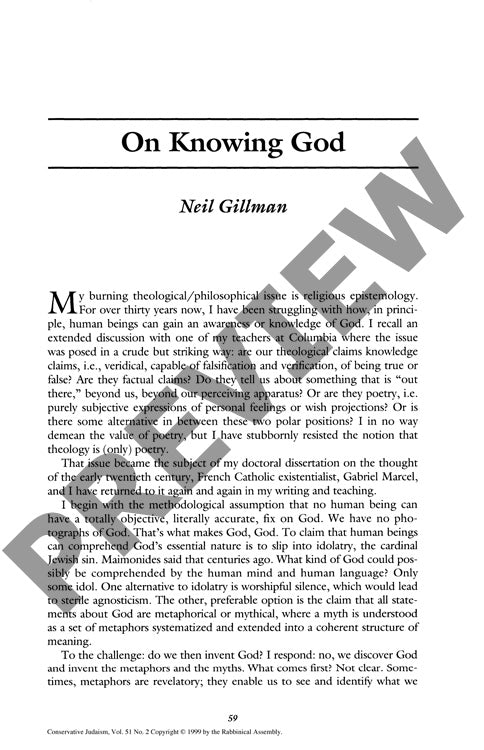On Knowing God
Couldn't load pickup availability
How do humans come to know an unknowable God? This fundamental paradox has challenged religious thinkers for millennia, raising profound questions about whether theological knowledge constitutes genuine truth or mere subjective expression. Drawing on extensive philosophical inquiry spanning three decades, including doctoral research on Gabriel Marcel's existentialist thought, this investigation develops a unified framework for understanding religious knowledge through three illuminating analogies: the perception of a basketball team's passing game, the observation of psychological egos, and the detection of quarks in physics. These comparisons reveal that divine perception follows patterns similar to other forms of complex knowledge acquisition, where experiencing God involves recognizing patterns of activity within history and nature through specific interpretive structures. Theological claims emerge as neither purely objective facts nor mere poetry, but occupy a middle ground where believers both discover genuine patterns in reality and create the metaphorical language to describe them. Through processes analogous to scientific verification and falsification occurring within Jewish communal experience over centuries, these claims achieve factual validity using a "soft" correspondence theory of truth, thus establishing religious epistemology as a legitimate form of knowledge acquisition despite its inherent subjective components.

More Information
-
Physical Description
-
Publication Information
Published 1999
ISBN
-
Publication Credits
Neil Gillman

